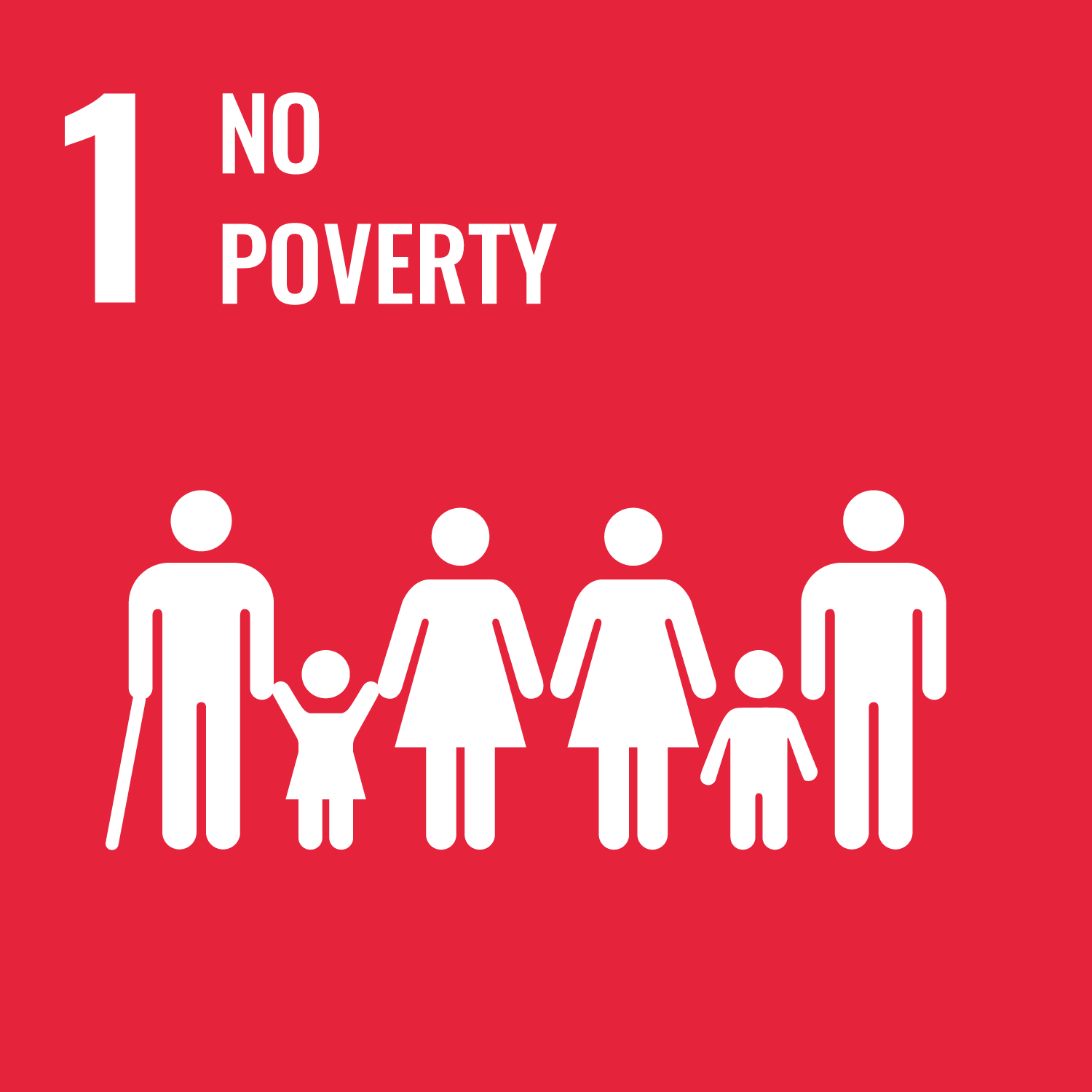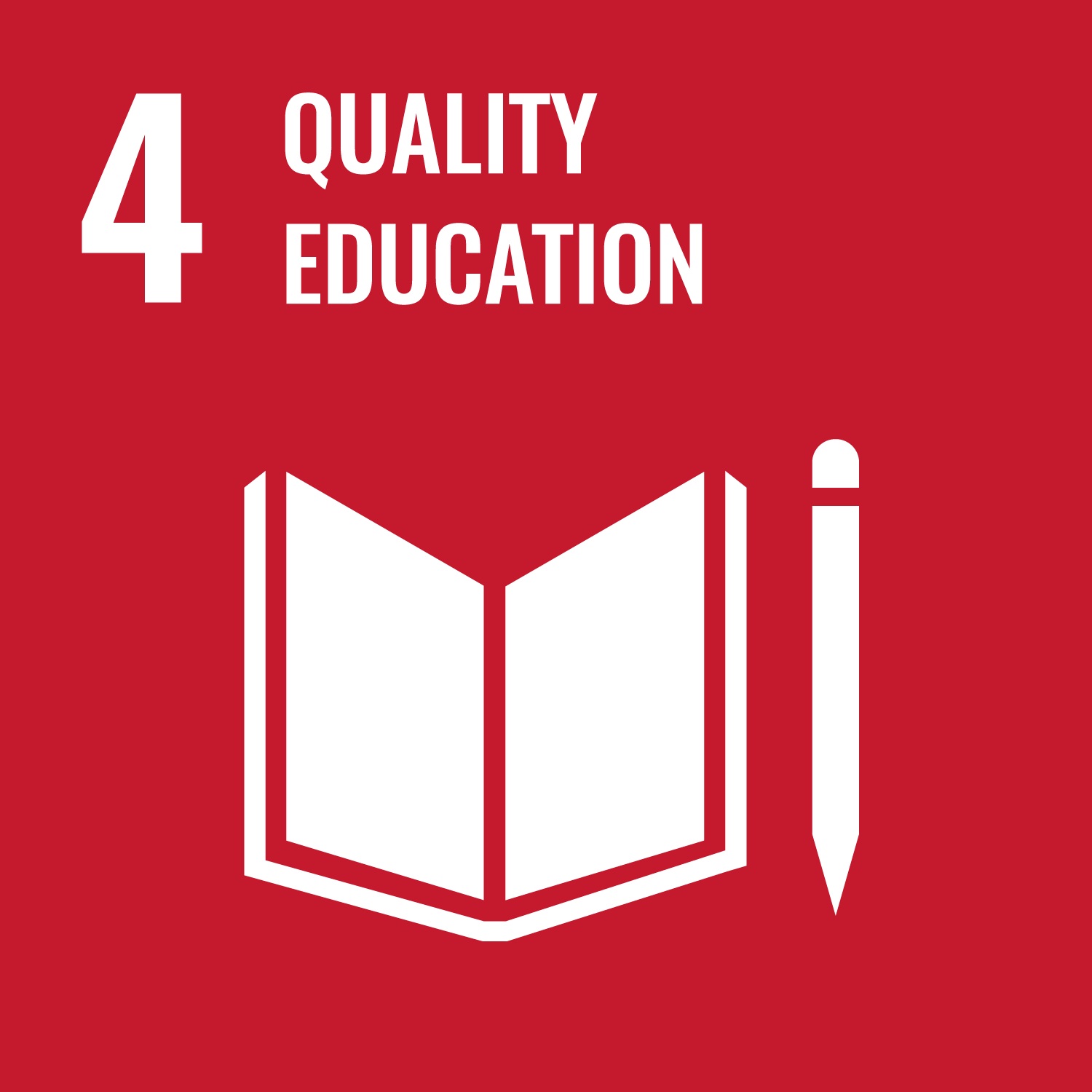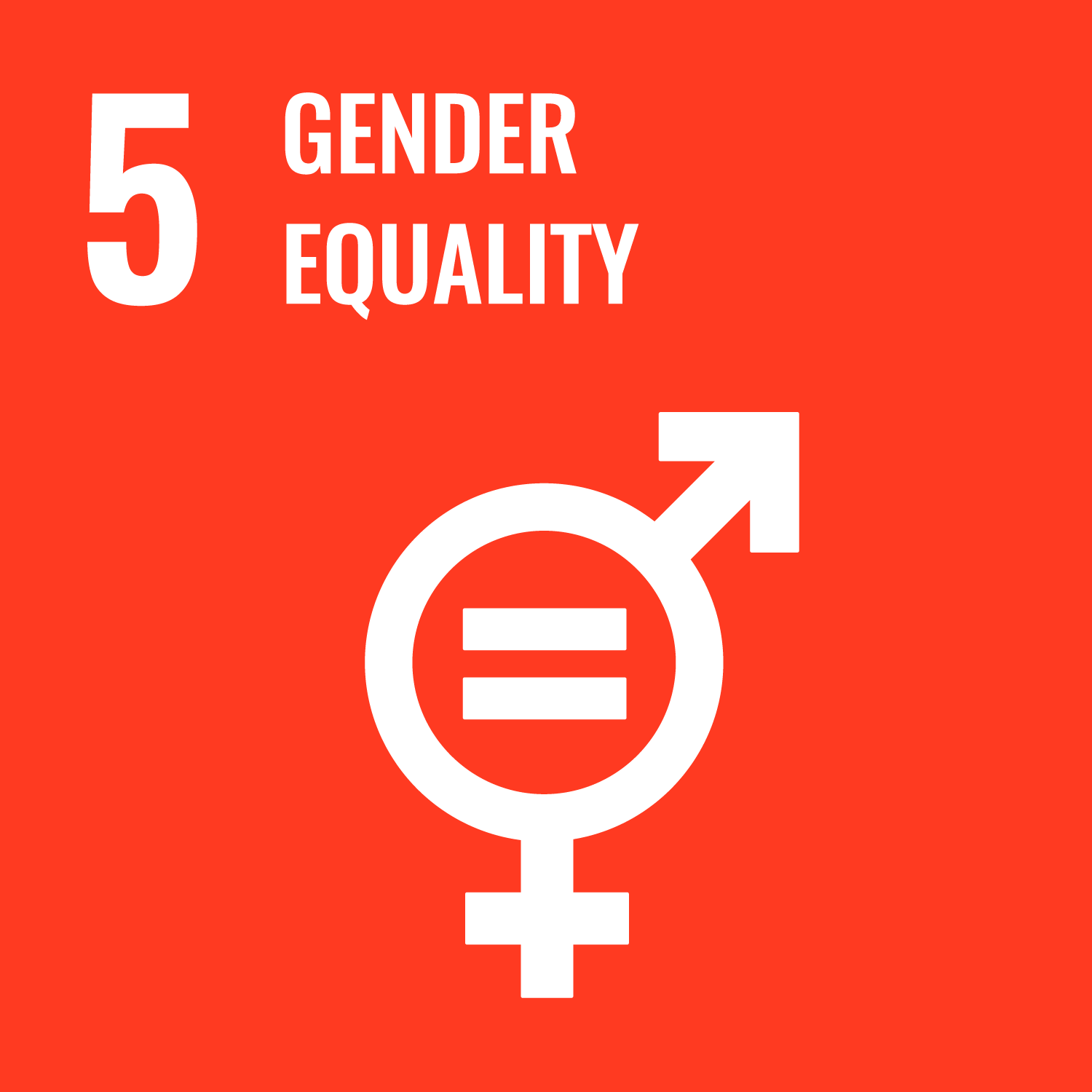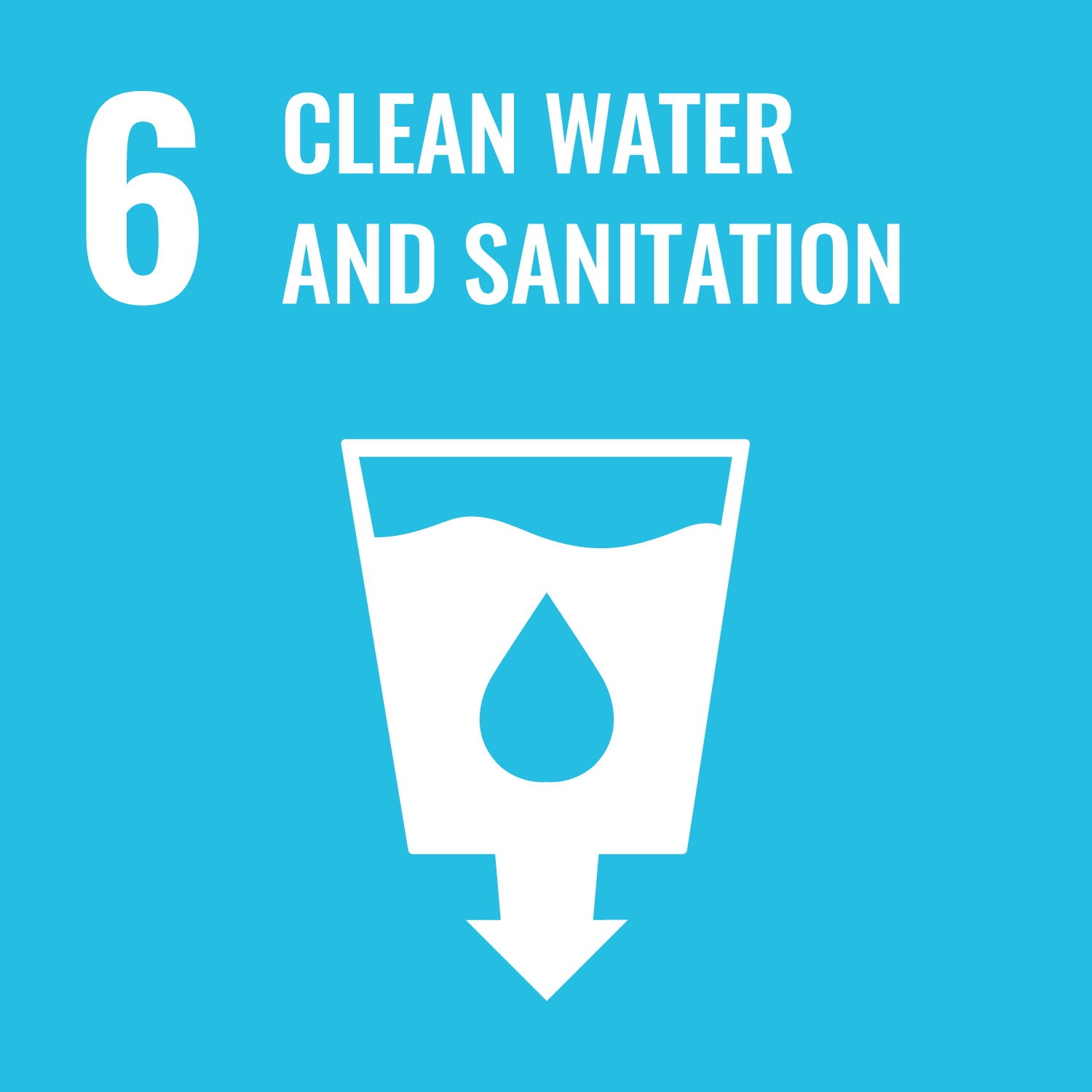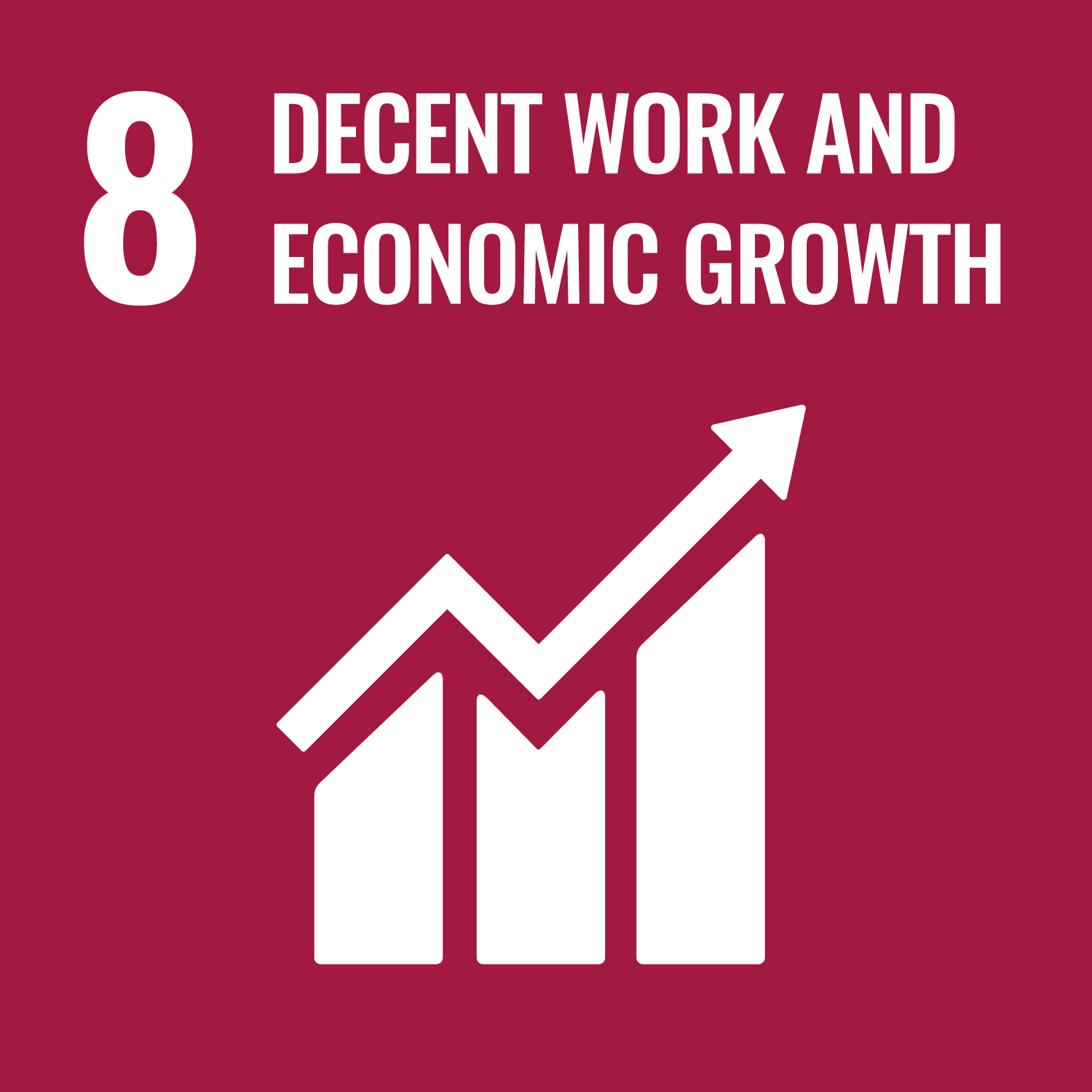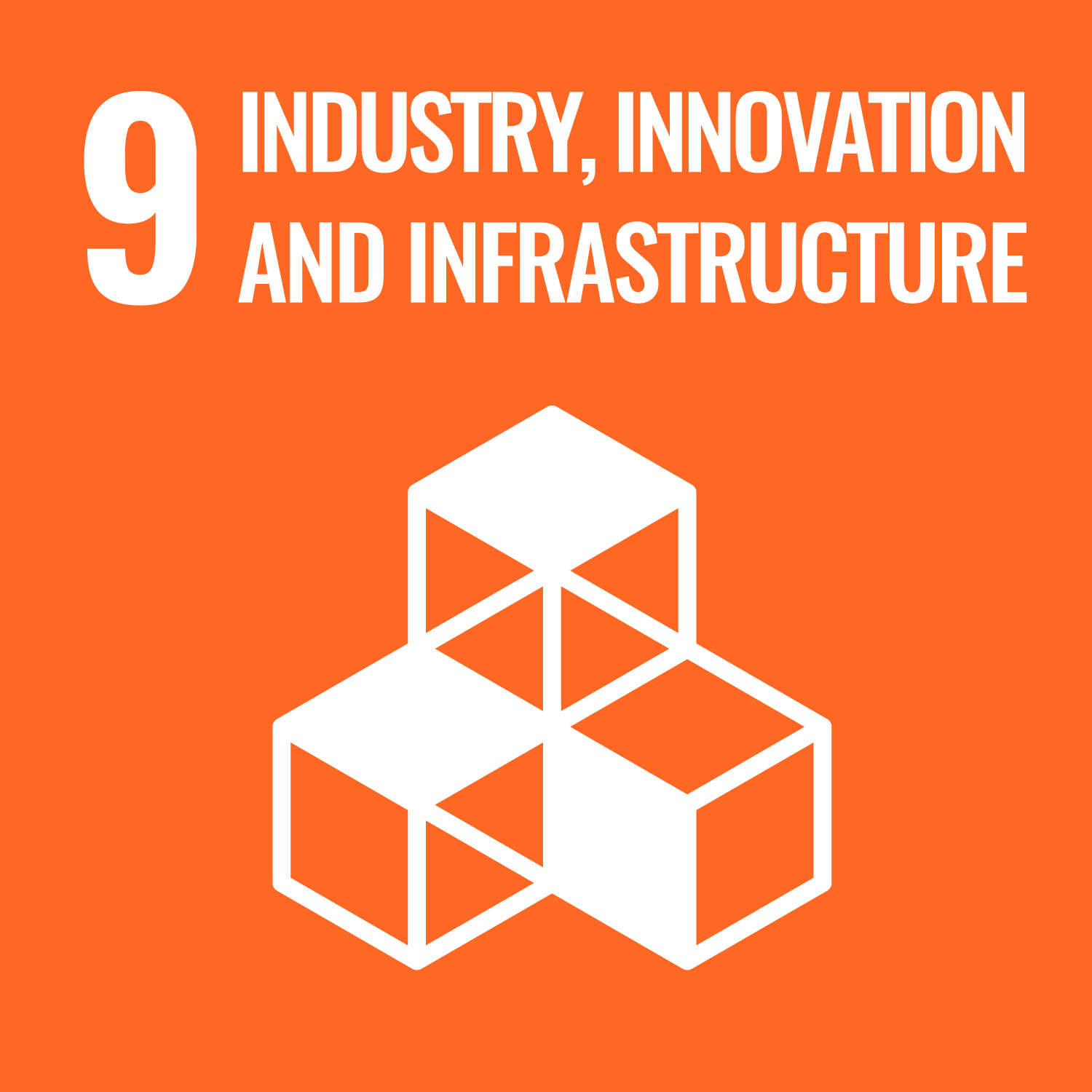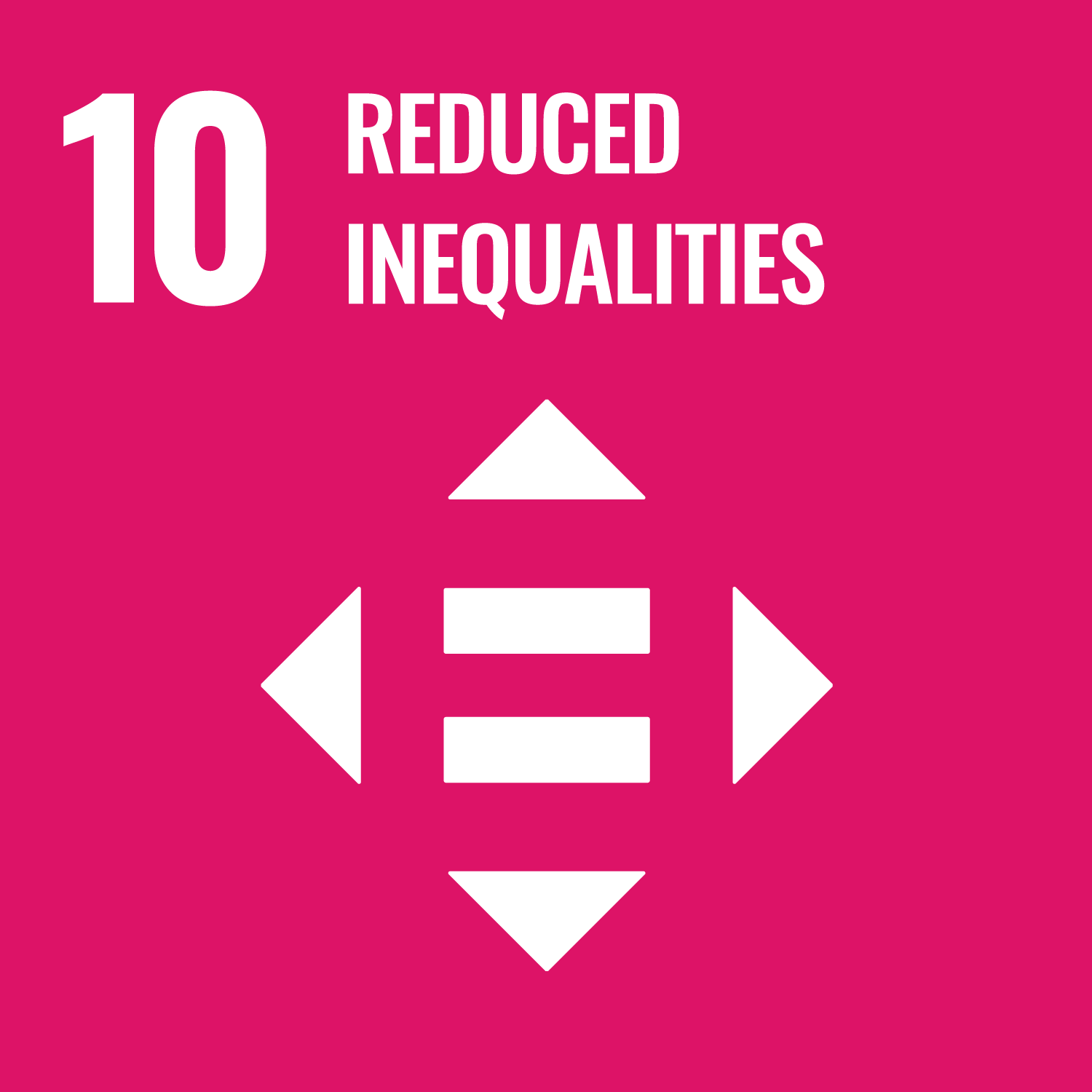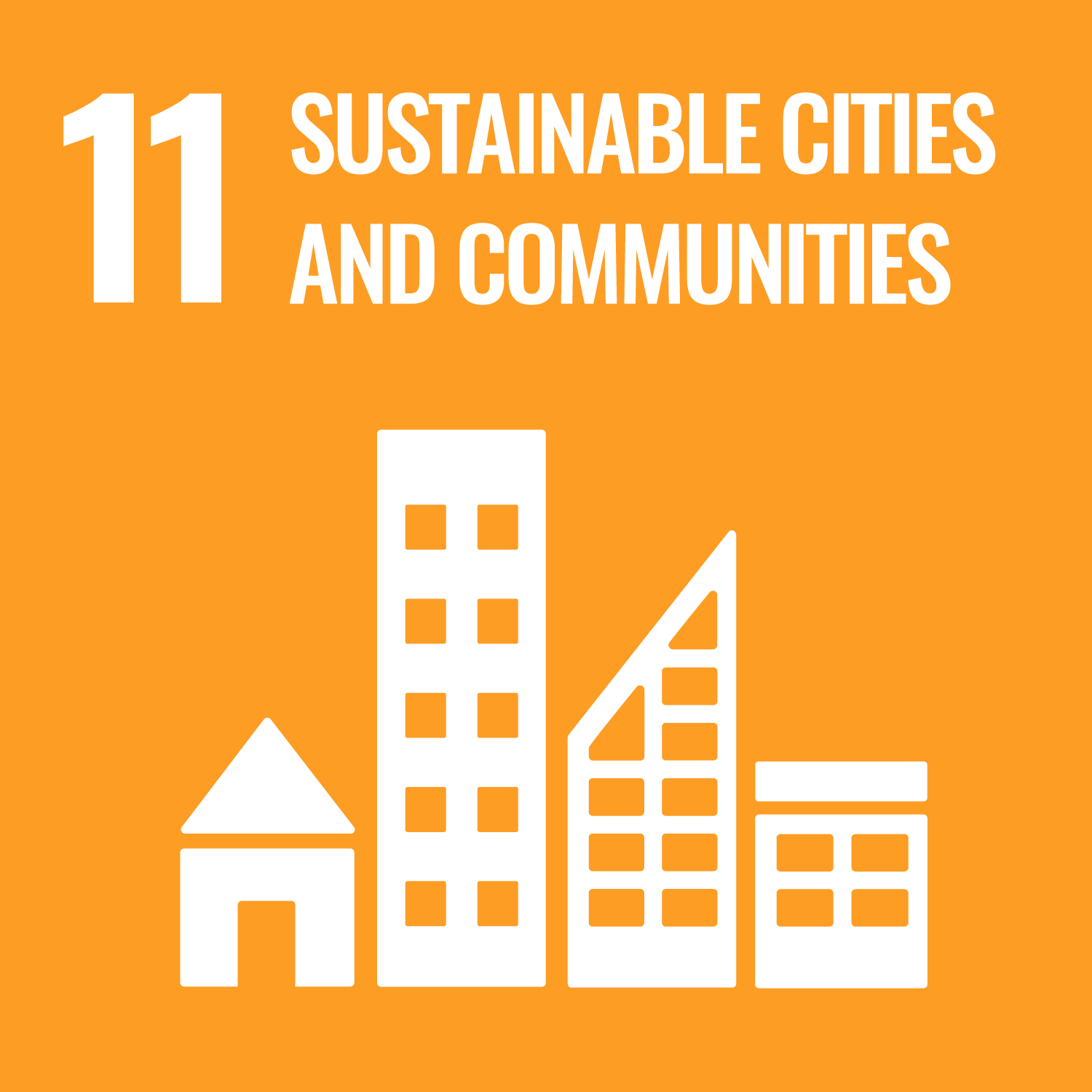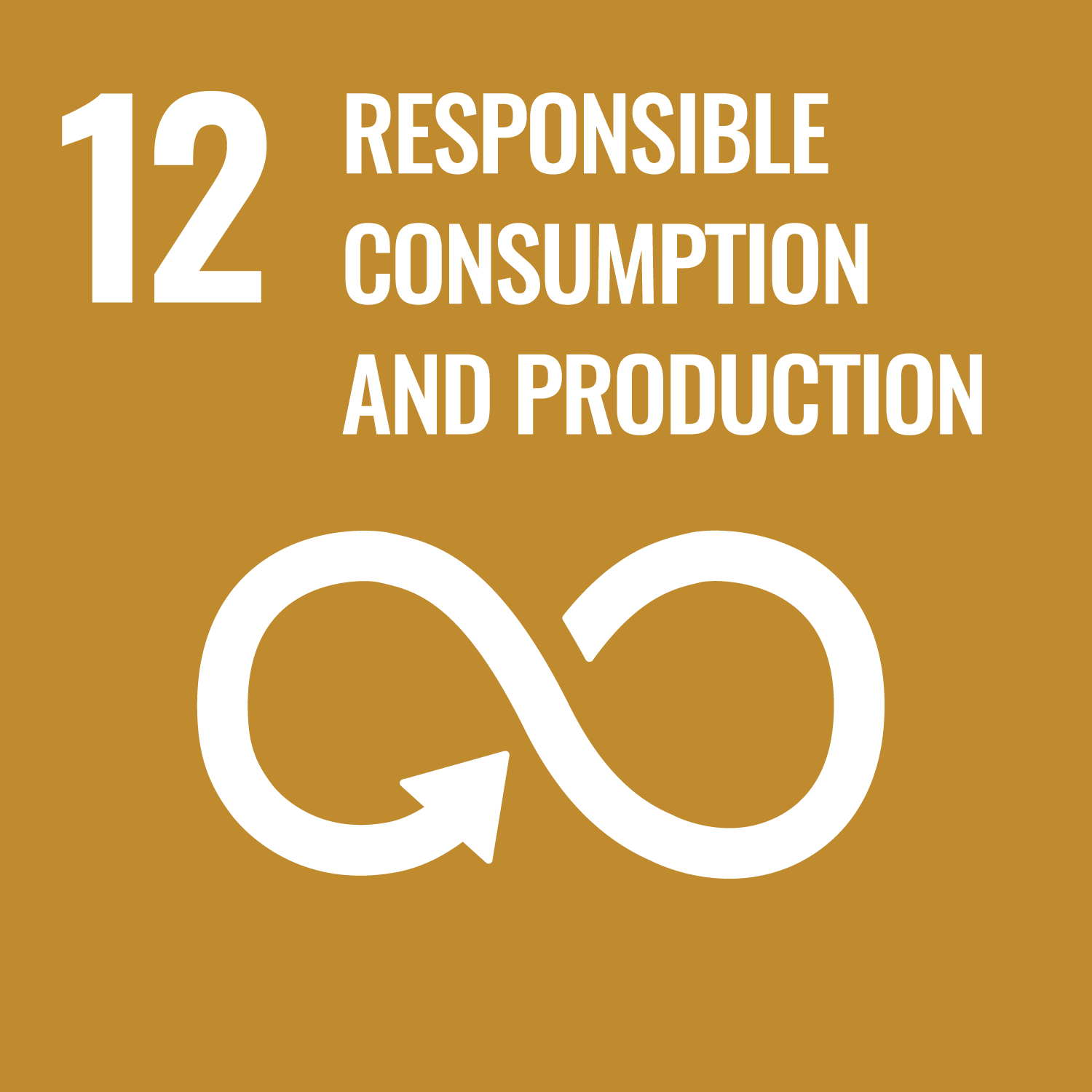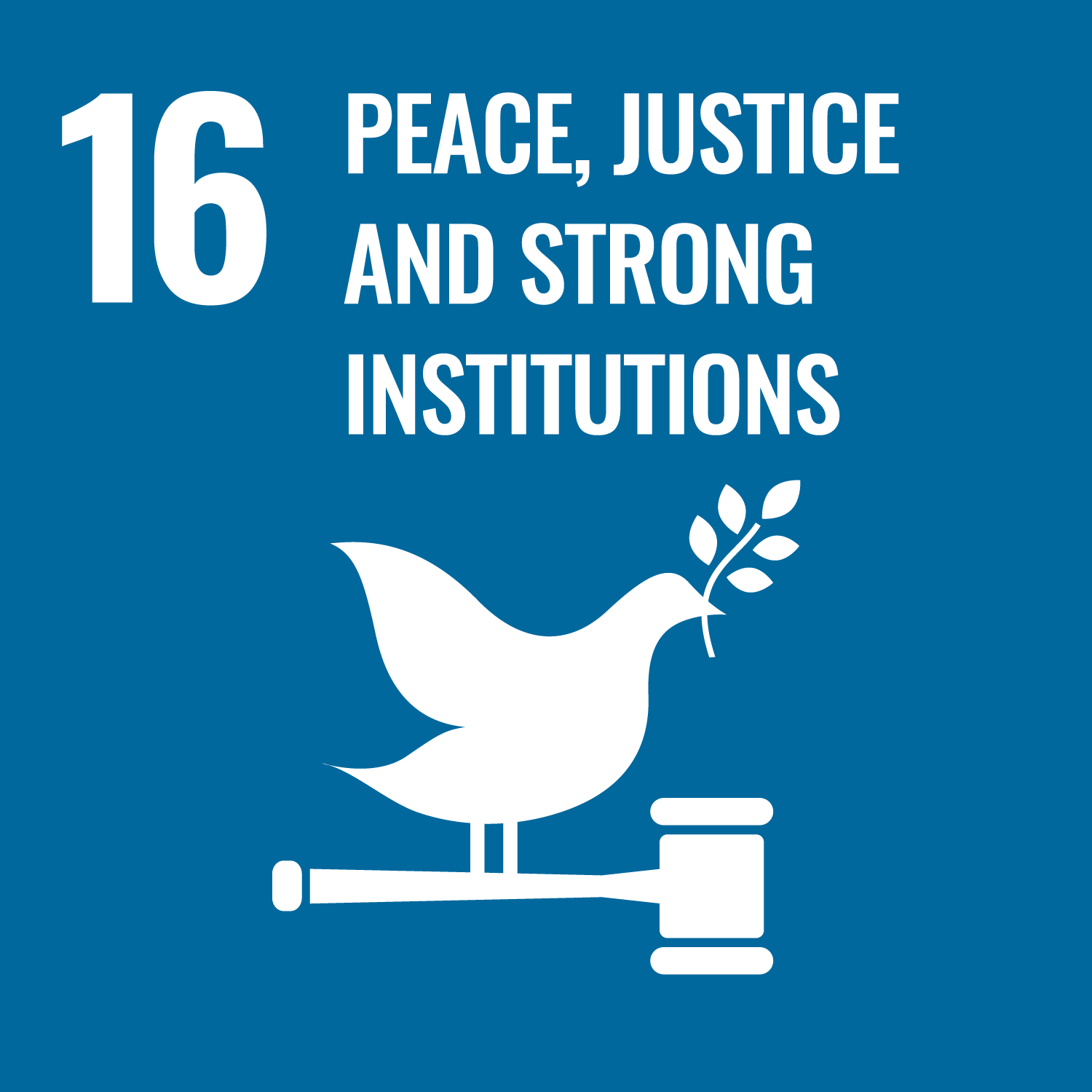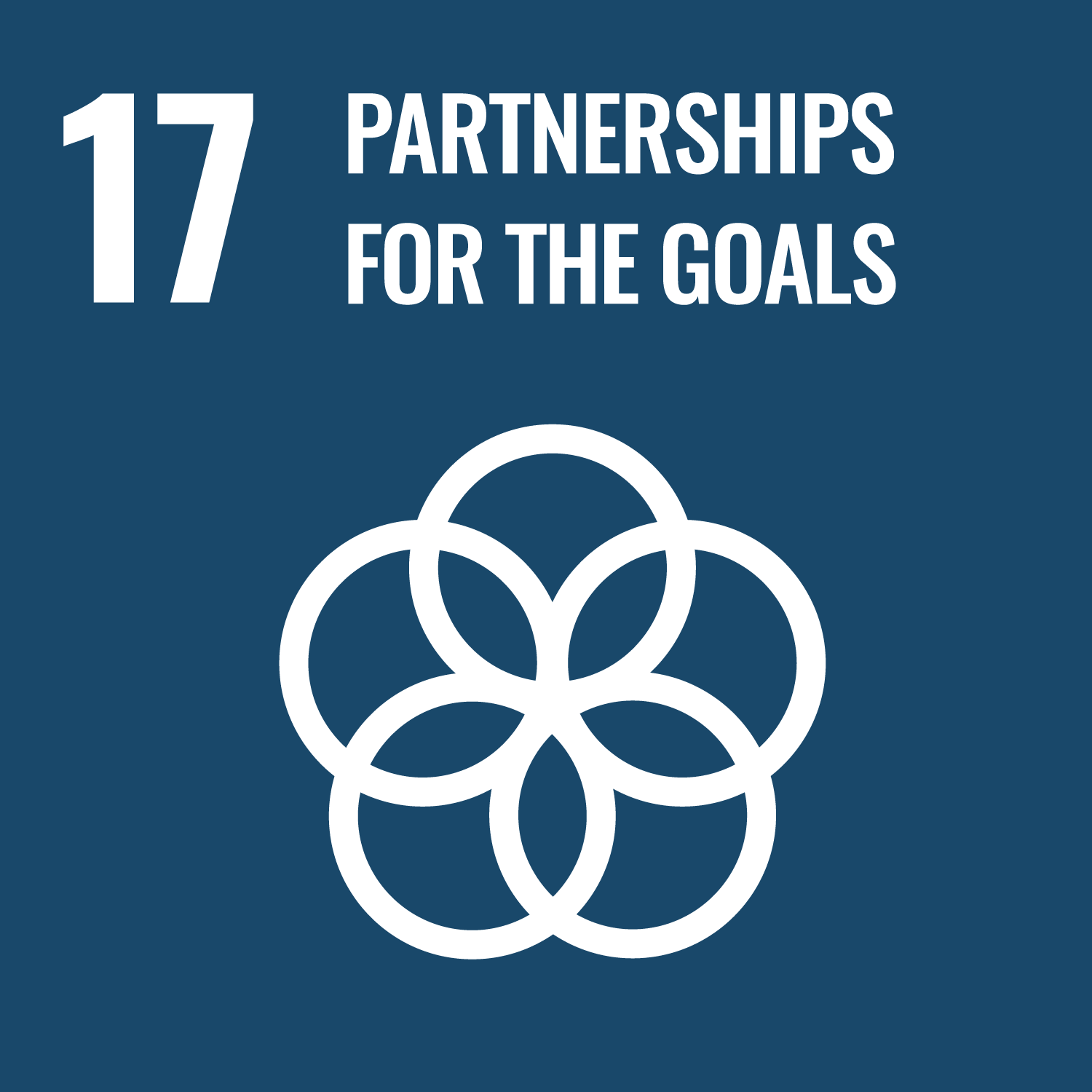The social construction of Afro-descendant rights in Colombia
Afro-descendant people make up around 30 per cent of the population of Latin America and the Caribbean, some 150 million people (IACHR 2011). In a context of mestizaje and the myth of racial democracy, Afro-descendant rights were not institutionalised in many Latin American states until the end of the 20th century. This reflected an invisibility at the international level where a specific normative framework on Afro-descendant rights did not begin to emerge until the beginning of the 21st century. Through multicultural citizenship reforms in the 1980s and 1990s several Latin American states recognised rights for their Afro-descendant populations; however, these tended to be subsumed into the existing indigenous rights framework, thus neglecting the specific situations of Afro-descendants.
| Item Type | Book Section |
|---|---|
| Additional Information | To celebrate the 20th anniversary of the MA in Understanding and Securing Human Rights offered at the School of Advanced Study, University of London, we are pleased to publish a commemorative edited volume on human rights themes authored by distinguished alumni and faculty. |
| Keywords | human rights, refugee protection, women’s human rights, tax justice, business and human rights, poetry, rights in the digital age |
| Subjects | Human Rights & Development Studies |
| Divisions |
Human Rights Consortium Institute of Commonwealth Studies |
| Date Deposited | 27 Jan 2016 10:55 |
| Last Modified | 06 Aug 2024 04:33 |
